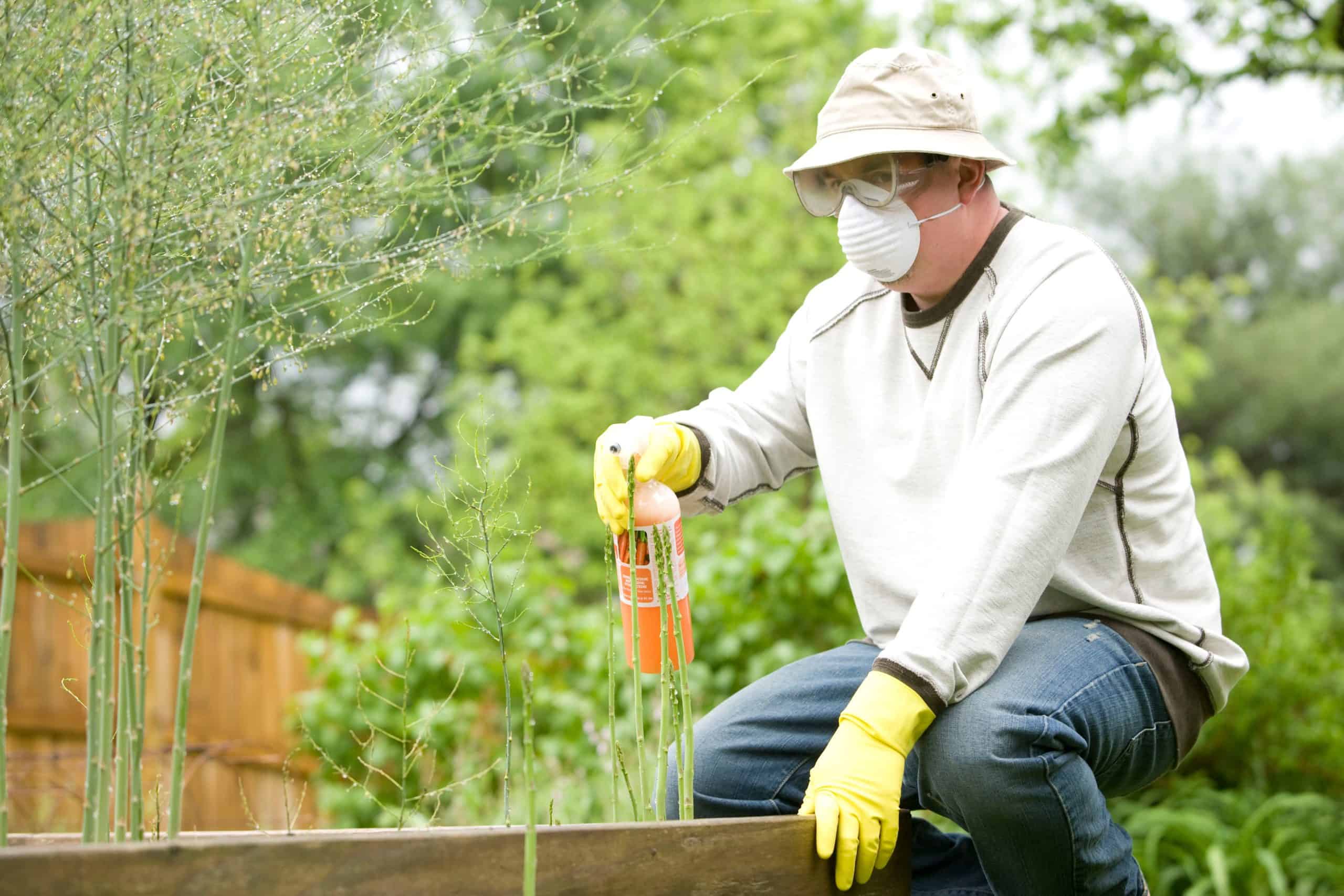Focusing On Patient Safety Includes Evaluating Home Hazards, Communication, And Potential Medication Errors
Pegasus Home Health Care recognizes the importance of hiring licensed nurses with a variety of experience and expertise. Our reputation as a leader in our industry is based on adhering to high ethical and clinical standards. Our nurses put the well-being of our clients first and strive to help them stay independent.
Pegasus in-home nurses in Tujunga and elsewhere are as diverse as our clients. Their training enables them to assist patients with different cultural backgrounds and medical conditions. Career home health care nurses know that keeping their clients healthy includes focusing on patient safety.
As an in-home healthcare nurse, you have likely assisted patients who have fallen or accidentally injured themselves. Others have not understood how to take prescribed medications. Well-meaning family caregivers have inadvertently harmed their loved one in their attempt at caring for them.
Studies have confirmed your experiences. Researchers have defined the primary challenges to patient safety as follows:
- Household hazards
- More than one healthcare provider
- Poor communication
- Untrained and unprepared family caregivers
These are all areas in which your expertise can significantly improve your patient’s safety. The Center for Patient Safety has a free downloadable toolkit that you may find helpful.
Health in Aging experts describe burns, falls, and poisoning as the primary household hazards. They offer dozens of tips for improving home safety. Going over the items on their tip sheet with your patients and their families can be beneficial.
The tips include suggestions for all the obvious hazards. They also mention items or situations that may not be immediately noticeable. For example, some seniors always feel cold and may set a heater dangerously close to themselves.
Falling is a significant factor affecting patient safety. Fall prevention measures are crucial. Use these checklists as a guide for improving safety in all parts of the home.
Your patient’s physician or physical therapist may have recommended assistive devices. Some individuals resist using their devices. Emphasize that these are to improve their safety and also ensure they are using their devices correctly.
Care Plans Improve Patient Safety In Many Ways
Career nurses who provide in-home care create care plans for each patient. The process starts with an evaluation of the patient’s medical conditions and treatment needs. The plan encompasses each healthcare provider and the services provided.
Your care plan organizes every service. It clarifies each provider’s instructions. It enables you to eliminate duplicates, conflicts, and confusion.
Going over the care plan with patients and family members helps them understand specific instructions. It also gives you and them an opportunity to ask questions. Any increase in clarity and comprehension potentially improves safety.
Good Communication Improves Compliance With Instructions
Good communication is essential. As the in-home nurse who visits patients regularly, it’s up to you to encourage open conversations about health. You do that by establishing rapport with them.
Your patient’s safety is improved when they trust you. They learn you care about them and have their well-being at heart. They’re more willing to follow your instructions.
Family caregivers are also a significant part of patient communication. These tips will help them improve interactions with their loved one. You may have to rely on them for information and compliance with safety instructions.
Help Family Caregivers Obtain Safety Skills
You will need to evaluate the skills and abilities of family caregivers. They are responsible for patient safety between your visits. Most want to help their loved one but may not know how to do so safely.
You can teach them the basics, such as preventing dehydration, but that may not be enough. Encourage them to discuss their concerns about their loved one with you freely. If necessary, the medical social worker on your Pegasus team can help you find local safety training for family caregivers.
Help Correct The Medication Errors That Harm Patients
Errors in medication can negatively impact your patient’s safety. As their nurse, it’s crucial that you know all the drugs prescribed for your patient. If they don’t have the documentation outlining dosage instructions, timing, and interactions, obtain it from the pharmacist.
You also need to know what OTC products, home remedies, herbs, and supplements they take. You can help organize and list all medications and other products consumed. The patient’s physician and the pharmacy should have the list to prevent unsafe interactions.
Evaluate your patient’s abilities to take their drugs safely. You may be able to resolve issues by counseling them or consulting with their physician to make changes.
We Are Hiring Licensed Nurses
Pegasus expert in-home nurses in Tujunga and our other locations make a difference in the lives of their patients. They are proactive in meeting the needs of each individual. Career home health care nurses help patients live independently and safely at home.
Pegasus is a licensed Home Care Organization and a Joint Commission Accredited Home Health Care organization. We believe including diversity, equity, and inclusivity in our hiring practices enhances our effectiveness. We are an equal opportunity employer, and we are hiring professional nurses.

